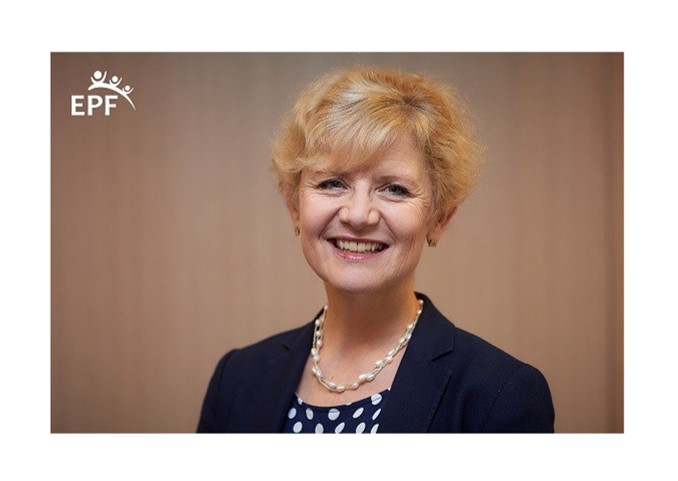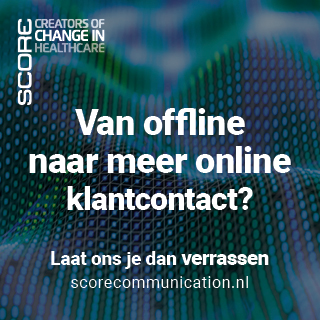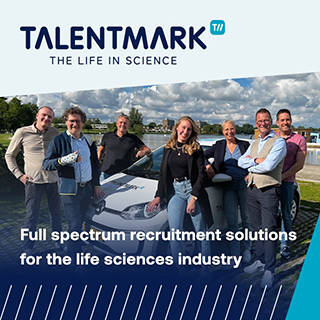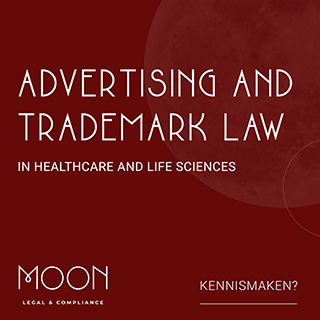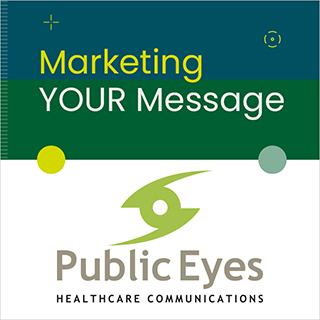Redacteur Adriënne den Hollander, in het dagelijks leven consultant bij Public Eyes, ging in gesprek met Nicola Bedlington. Ze is speciaal adviseur van het European Patients Forum, de koepelorganisatie van Europese patientenverenigingen. A woman on a mission, zo blijkt wel uit onderstaand portret (English only).
—-
In the process of drug and therapy development it is key to include the voice of patients. This requires special forces and engagement from patient organizations. Nicola Bedlington is special advisor of The European Patients Forum (EPF), the umbrella organization of patient organizations across Europe. She works closely with different stakeholders to help to ensure that the patients’ voice is represented, and to reinforce their role through effective advocacy, education, engagement and partnerships. We asked Nicola about her drivers to join the EPF, the challenges the EPF is facing and her thoughts on patient engagement in local pharma / bio-tech companies.
Nicola joined the EPF in 2006 and built the secretariat in Brussels and enlarging its membership base – then 23 organisations. With the EPF board she developed a strategic roadmap for building trusted relationships with institutions, HCP organisations, regulators and the industry. And with success. The organization has grown to 77 members – umbrella organisations of patient groups from different disease areas at European and national level. On the agenda are digital transformation from a patient perspective, patient involvement in the life cycle of medicines and health system design and strengthening, patient empowerment and patient access.
About the European Patients Forum (EPF)
“Since our foundation in 2003, it has been the mission of EPF to organize a strong and united patient voice in all matters relating to healthcare – all cross cutting issues affecting all patients. Over the years EPF has established its role as an initiator, for example in co-leading the development of the European Patient Academy on Therapeutic Innovation (EUPATI) or the role as change-agent in exploring wider public health and prevention issues, such as vaccines, nutrition or more recently COVID-19, to develop activities to respond to the patients’ needs.”
Nicola, can you tell us what triggered you to join EPF?
“During an internship at the British Deaf Association I helped set up an European organization representing profoundly Deaf people. This inspired me very much as I learned a great deal about advocacy, the Deaf community and sign language, and the true value of European cooperation”, Nicola explains.
“A new role at the European Commission in Brussels where I not only worked with deaf people but the wider disability movement on a dedicated programme called HELIOS, was a huge privilege for me.”
The EPF initiates projects in different areas to supports patients for example patients access to healthcare, patient empowerment, affordability of healthcare. Where do you see the biggest challenge for EPF in the future?
“The whole COVID-19 crisis exposed many gaps in our healthcare system. Chronic patients had limited access to their treatments and waiting lists exploded. Continuity of care was and is a huge problem. People with symptoms hesitated to contact their healthcare provider. The result was that many serious conditions have been left undetected with unacceptable consequences. Our challenge at EPF is to raise these issues and making sure the patient needs are being addressed,” explains Nicola. “Close work takes place with EU Institutions, the European Medicines Agency and Industry. And the EPF survey with its members pinpoints their experience of COVID-19 and key recommendations, moving forward.”
Involving patients in R&D process
“But there is more”, Nicola shares with us. “There is also a challenge in convincing sceptics that involving patients right from the beginning of a medicine’s lifecycle, or health system change, leads to a better, efficient and effective result. Start looking at research prioritization and getting their perspective on the endpoints during clinical trials. When it comes to the regulators, patients need to be involved putting forward their views, perspectives and opinions, in the process of a drug assessment. This will nuance the discussion and include important insights of the patients.“

A data driven future
A third challenge is the availability of quality data. The EPF started, together with other multi-stakeholders, ‘Data Saves Lives’ an initiative to raise awareness about the importance of health data, and responsible health data sharing. The aim is to improve public understanding of how health data is used and to establish a trusted environment for multi-stakeholder dialogue about responsible use and good practices across Europe. Nicola explains, “the role of the patient is crucial in collecting health data. For example in in real world evidence. Providing additional important evidence that can be fed into improvements of the care path or into new research, ultimately to improve the outcomes of patients.”
3 tips for pharma and bio-tech companies
With all the challenges EPF is facing, what can the industry do to increase the role of patients in their own developments and activities? Nicola shared some thoughts on helping to build patient engagement:
1. Patient engagement is not a box ticking exercise. It needs to be inherent, not only to the strategy of a company, but its culture. This takes time and leadership. Patient engagement needs to be properly planned and resourced.
2. Engage patients early on in the process. Do not bring patients in as a token effort towards the end. An open clear dialogue with patient organisations is really important. Respect rules around independence and transparency. And develop the dialogue to understand what the needs and goals of patients are.
3. Keep a close eye on what is happening at EU level. There are many Public Private Partnerships, through for example the Innovative Medicines Initiative and its successor, the Innovative Health Initiative, that brings together knowledge, experience and good practice for patient engagement to flourish. The IMI project PARADIGM is a good example. At global level, Patient Focused Medicines Development (PFMD) is also co-producing useful resources to make all players involved in patient engagement easier.
Meer weten over de EPF en hun patient engagement initiatieven? Kijk dan eens op hun website.

bij Public Eyes

